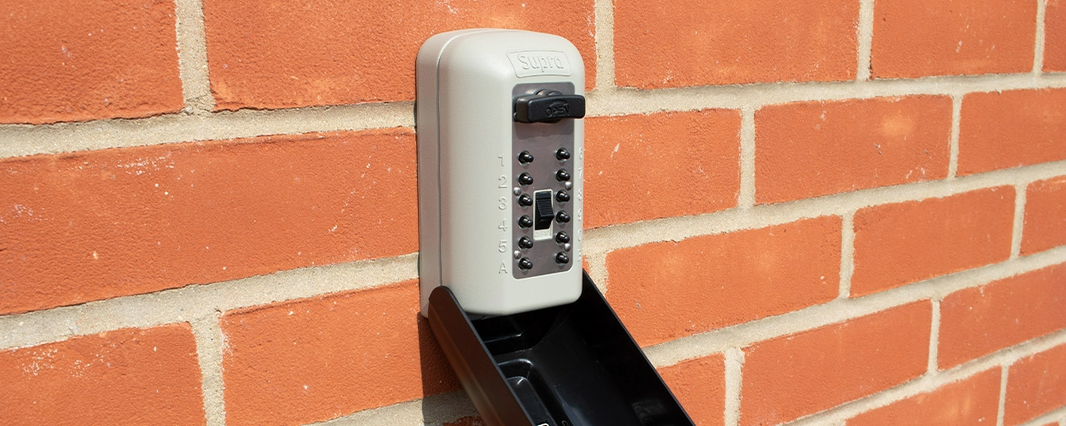Caring for a loved one can be challenging. Whilst it is rewarding to support your loved one and grow closer to them, the demands of care may leave you burnt out at times. This can leave you struggling to provide the care your loved one needs. Fortunately, respite care is an option.
What is Respite Care?
Carers deserve some time away from their responsibilities. Respite care gives you the opportunity to step back and let someone else take care of your loved one. There are several forms of respite care available, including visits from a carer or a short stay in a care home.
Respite care ensures your loved one will be in safe hands, and you can take time to yourself. But why is this important?
Benefits of Respite Care
Respite care can have positive impacts for you and your loved one. Here are some of the benefits of taking a break from providing care.
Destress
Caregivers have many responsibilities, which can often consume much of their life. The demands of providing care to a loved one, especially if they have serious health concerns, can prove stressful. Caregiver stress can have further negative impacts on your wellbeing, including mental health. Furthermore, stressed caregivers may be less effective at caring for their loved ones.
A break from providing care gives you time to relax, spending some time away from your responsibilities. You won’t need to worry about your loved one’s wellbeing, either, as they will be in safe hands.
Keep Fit
When you are providing care to your loved one, how much time do you spend exercising? Probably not as much as you should. Opting for respite care provides additional opportunities for exercise, even if it’s something as simple as a walk without worrying about your loved one’s limitations.
Regular exercise can also help to improve your mental health, putting you in a more positive mindset when you return to providing care. Furthermore, good health may also make it easier to perform some tasks, improving the quality of care you provide for your loved one.
Social Opportunities
Using respite care can provide both you and your loved ones with extra opportunities for socialisation. You can spend time with friends and your loved one could attend a social club. Ensuring you are both spending time with people other than each other can support mental health and prevent isolation.
Having time apart can help to improve your appreciation of one another. Furthermore, it helps to prevent ties with other family members from breaking down. Even something as simple as a meal out without worrying about your loved one’s welfare can boost your wellbeing.
Attend Appointments
When you care for a loved one, your own needs don’t simply cease to exist. You need to take care of your own health as much as that of your loved one. However, it can be difficult to find time for medical appointments when caring for a loved one.
Respite care can provide care to your loved one whilst you attend appointments. Moreover, if you need to stay in hospital for any reason, a short-term stay in a care home could provide additional respite care for you and your loved one. This means they will continue to receive care whilst you see to your own personal needs.
Fresh Perspective
When you provide constant care to your loved one, it is easy to get stuck in certain routines. Respite care offers an opportunity to take a step back and rethink how you care for your loved one. Alternatively, it may be that the respite care providers can offer insight into different approaches you can take.
Changing the care you provide to your loved one can benefit you both. You may discover techniques that provide extra time to yourself or make everyday tasks less draining. Returning to providing care after some respite could also increase your appreciation of the time you spend with your loved one.
Types of Respite Care
There are a few types of respite care available. These include:
- Day Care Centres – Usually run by local councils or charities, day care centres bring people together to socialise and engage in activities. However, to visit a council-run day care centre, your loved one will require a needs assessment.
- Paid Homecare – You can hire a carer to visit your loved one in their home whilst you fulfil other responsibilities or take time off. The paid carer could visit one day a week or at the same time every day for a week – whatever you and your loved one require. If 24-hour supervision is required, however, you should consider a live-in carer instead.
- Care Home (Short Stay) – This respite care option may be best if you want to go on holiday. You will need to make arrangements well in advance, however. A short stay at a care home ensures your loved one will receive the care they need whilst you are away.
Support for Carers
If you are providing care to a loved one, you can receive support. In some circumstances, your local council may be able to cover the costs of respite care. When you request this support, you will be subjected to a needs assessment and carer’s assessment.
You can also receive financial support from charities, such as Carers Trust or Turn2us. If you are providing care for 35 hours a week or more, you may also be eligible for Carers Allowance. Moreover, your loved one could be entitled to Attendance Allowance.
Careline365: Here When You Need Us
At Careline365, we recognise that you want the best for your loved one. For extra peace of mind when you’re performing errands or otherwise away, consider a personal alarm from Careline365. With a Careline alarm, your loved one can request help at the press of a button.
When a Careline alarm is activated, it sends an alert to your 24/7 Care Team. They will assess the situation and arrange help on your loved one’s behalf. This could be in the form of their emergency contacts – which could include you – or by calling the emergency services.
To find out more about the Careline365 alarm service, read our in-depth guide or view our products. If you have any questions, please do not hesitate to get in touch with our helpful team by calling on 0808 304 4240.









